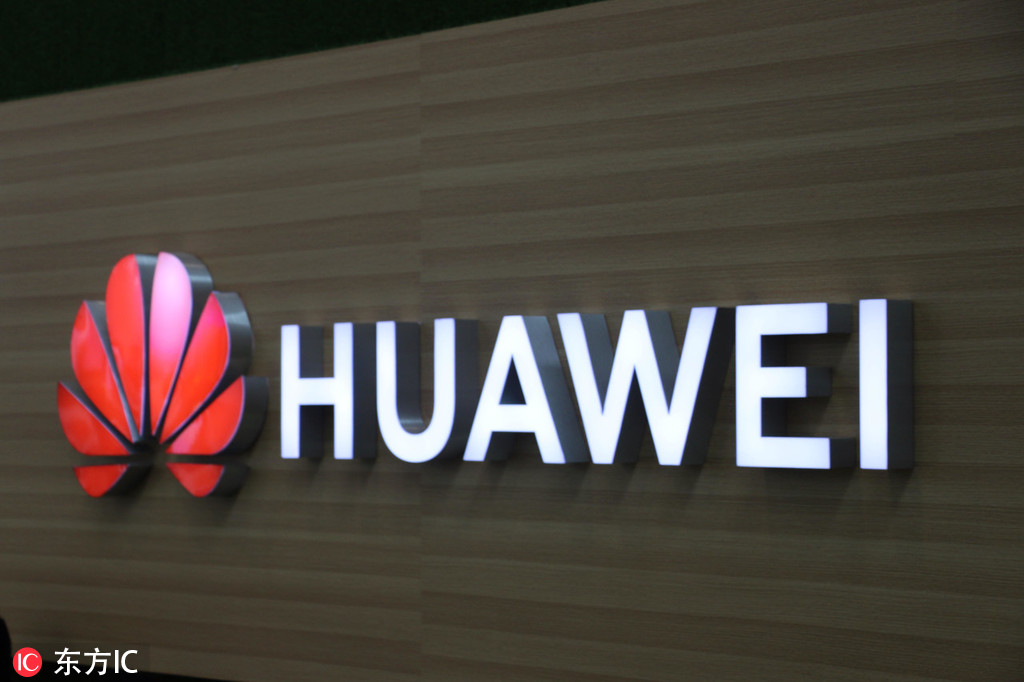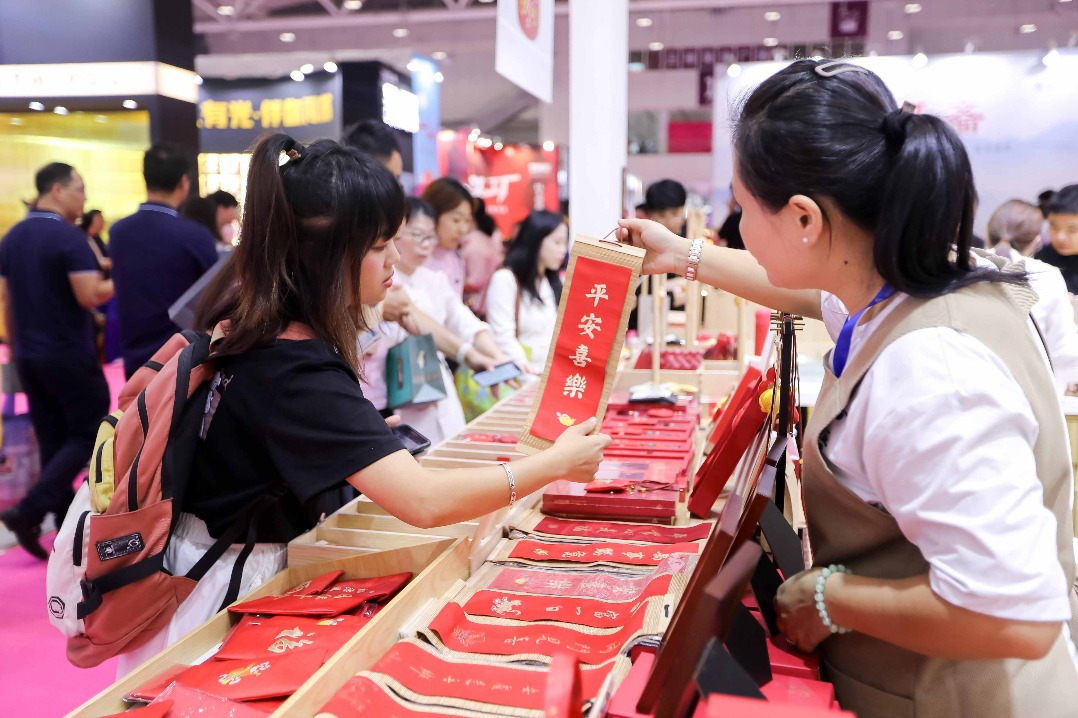No convincing evidence for Tokyo to bar country's telecoms, ministry says


Japan decided to exclude Huawei and ZTE from official contracts citing "security issues", but China insists there is no convincing evidence of such issues.
The Japanese government and its Self-Defense Forces received procurement guidelines on Monday that effectively ban them from buying telecommunication equipment, servers and personal computers from the Chinese telecom giants as of April.
"In order to uphold cybersecurity, we are aware that it is extremely important to make sure we do not procure equipment with functions of malicious intent," Japanese Prime Minister Shinzo Abe said at a news conference on the issue, without naming companies.
The move came amid controversy over the arrest of Huawei's chief financial officer in Canada at the request of the United States over alleged violations of US sanctions on Iran.
On Monday, Kyodo News said Japan's largest mobile phone carriers, NTT Docomo, KDDI Corp and SoftBank, "planned to take concerted actions with the government" to halt the use of Chinese products in their mobile base stations and their future fifth-generation communication networks.
Foreign Ministry spokesman Lu Kang said on Tuesday that "there is no need to repeat" that "no convincing evidence" has ever been provided to prove that Huawei did "affect national security", and he urged related countries to "see the long-term interests and be responsible".
The Chinese embassy in Japan had expressed strong opposition to the move, saying "it is not conducive to attracting foreign investment to Japan, nor to economic cooperation between China and Japan".
"Japan is sacrificing economic interests for political gains, in this case to line up with the US," said Chu Yin, a professor at the Center for China and Globalization.
Yu Qiang, a researcher of Japan studies at the University of International Relations in Beijing, said "national security" is just an excuse for certain countries to block Chinese companies' development.
Yu cited a 2014 report by The New York Times that said no evidence had been found that there were connections between the Chinese government and Huawei and ZTE even after the US National Security Agency hacked into Huawei's headquarters in Shenzhen and monitored communications of the company's top executives for as long as seven years.
"What they accuse China of doing is what they are doing to China," Yu said.
Refusing to see Japan's move as a political one, Yoshikazu Kato, an adjunct associate professor at the Asia Global Institute of the University of Hong Kong, said Tokyo has always valued practical things more than ideology and "the instructions from the government are flexible" if the two sides can solve the issue through frank and open negotiations.
"But the Chinese should not underestimate the tendency toward prejudice and distrust based on the different political system and ideology, and they should prepare for that," Kato added.



































